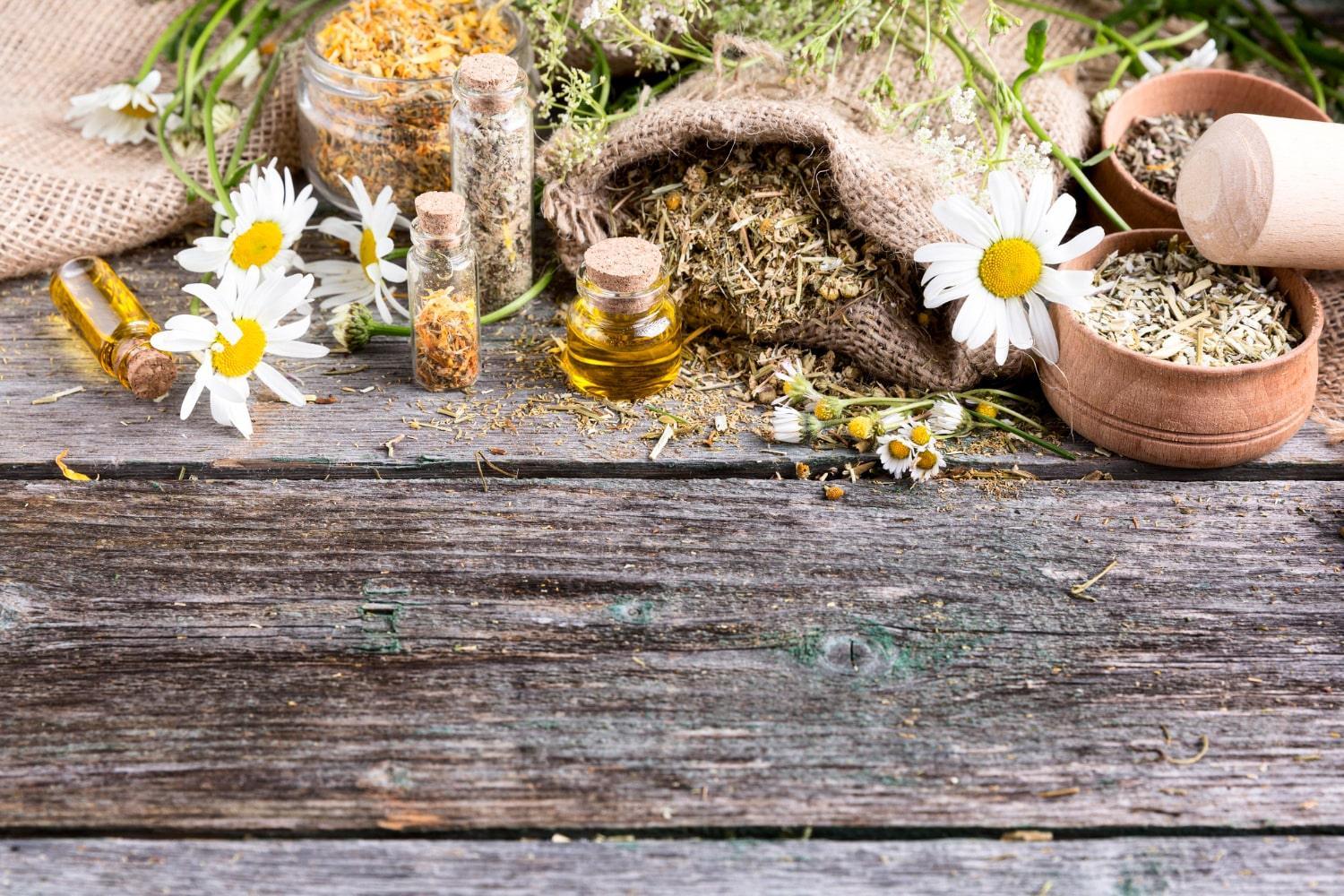If you’re tossing and turning, desperate for a good night’s sleep, you’re not alone. Sleep-inducing herbs have been used for centuries to help calm restless minds and promote restful nights. These natural wonders might just be the key to transforming your evenings into serene escapes.
Understanding Sleep-Inducing Herbs
Sleep-inducing herbs are plants known for their calming properties. They help ease anxiety, reduce stress, and promote relaxation, making it easier for you to drift off into dreamland. In our fast-paced lives, these herbs offer a gentle, natural remedy that’s worth considering.
Why is this important? Quality sleep affects every aspect of your life—from how you feel in the morning to your productivity at work. If you’re tired of counting sheep and want to embrace a more peaceful night’s sleep, these herbs could be your new best friends.
1. Chamomile: The Classic Sleep Aid
Chamomile is like a warm hug in a cup. This delicate flower has been cherished for its soothing properties. Studies suggest that chamomile can help improve sleep quality and reduce insomnia.
-
How to Use: Brew a cup of chamomile tea about 30 minutes before bed. Or try chamomile essential oil in a diffuser to fill your space with calming scents.
-
Why It Works: Chamomile contains apigenin, an antioxidant that binds to specific receptors in your brain, promoting relaxation.
2. Lavender: The Aroma of Calm
Lavender isn’t just pretty; it’s powerful. This fragrant herb is known for its ability to reduce anxiety and improve sleep quality.
-
How to Use: Add a few drops of lavender oil to your pillow, or try a lavender-infused bath before bed to unwind.
-
Why It Works: Inhaling lavender oil has been shown to lower heart rate and blood pressure, promoting a sense of tranquility.
3. Valerian Root: Nature’s Sedative
Valerian root is often referred to as nature’s sedative. It’s been used for centuries to combat insomnia and anxiety.
-
How to Use: Valerian is available in capsules or as a tea. Start with a small dose to see how your body reacts.
-
Why It Works: It increases the levels of GABA, a neurotransmitter that has a calming effect on the nervous system.
4. Lemon Balm: The Stress Reliever
Lemon balm, a member of the mint family, is known for its refreshing scent and calming effects.
-
How to Use: Brew lemon balm tea or use the dried herb in a pillow sachet for a gentle aroma while you sleep.
-
Why It Works: Research indicates that lemon balm can help improve sleep quality and reduce stress levels, making it easier to fall asleep.
5. Passionflower: The Sleepy Flower
Passionflower is not just beautiful; it’s also a powerful ally in your quest for better sleep.
-
How to Use: Take it as a tea or tincture, usually about an hour before bed.
-
Why It Works: It increases GABA levels in the brain, similar to valerian, helping you feel calmer and more relaxed.
6. Ashwagandha: The Adaptogen
Ashwagandha is an adaptogen, which means it helps your body adapt to stress.
-
How to Use: Available in capsule or powder form, it can be added to smoothies or taken as a supplement.
-
Why It Works: Studies show that ashwagandha can reduce cortisol levels, helping to alleviate stress and anxiety that often disrupt sleep.
7. Hops: The Beer Ingredient That Calms
Hops are not just for brewing beer; they have sleep-inducing properties that are often overlooked.
-
How to Use: Hops can be found in teas or as supplements.
-
Why It Works: Hops contain compounds that promote relaxation and improve sleep quality.
Tips for Using Sleep-Inducing Herbs
Incorporating these herbs into your nightly routine can make a world of difference. Here are some practical tips:
-
Consistency is Key: Make it a habit to take your chosen herb at the same time each night.
-
Mix and Match: Feel free to combine different herbs for enhanced effects. For example, chamomile and valerian work beautifully together.
-
Create a Sleep Ritual: Pair your herb with calming activities, like reading or gentle stretching, to signal to your body that it’s time to wind down.
The Science Behind Sleep-Inducing Herbs
Research backs the benefits of these herbs. A study published in the Journal of Ethnopharmacology highlights the calming effects of chamomile, while another study in Psychopharmacology shows valerian’s efficacy in improving sleep quality.
Incorporating such herbs into your routine can bolster your sleep hygiene, making those restless nights a thing of the past.
Final Thoughts
Imagine waking up refreshed, energized, and ready to conquer your day, all thanks to the power of sleep-inducing herbs. It’s not just a dream—it can be your reality.
Bottom Line
Sleep is essential for your well-being. With the help of these seven sleep-inducing herbs, you can reclaim those precious hours of rest.
So why not give them a try? Your peaceful nights await!
FAQ
1. Are sleep-inducing herbs safe for everyone?
Most sleep-inducing herbs are safe, but it’s always best to consult your healthcare provider, especially if you’re pregnant, nursing, or on medication.
2. How long does it take for these herbs to work?
Results can vary, but many people notice improvements within a week or two of consistent use.
3. Can I use these herbs if I’m already taking sleep medication?
Consult your doctor before combining herbs with any medications to avoid potential interactions.
Embrace the night. Transform your sleep with these natural allies and wake up to a brighter tomorrow.
Get Your FREE Natural Health Guide!
Subscribe now and receive our exclusive ebook packed with natural health tips, practical wellness advice, and easy lifestyle changes, delivered straight to your inbox.




